Frydenberg’s return isn’t in Aston: Ryan may be a one-term wonder
The ex treasurer can win back his former seat of Kooyong at the next election, in no small part courtesy of the controversies involving teal independent Monique Ryan.
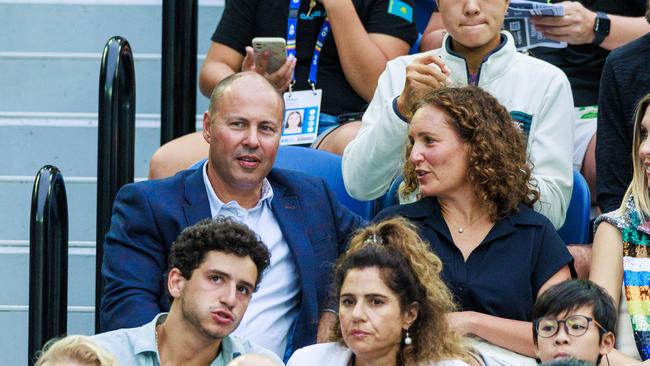
Retaining Aston will be difficult enough without Liberals being seen to use the electorate as nothing more than a drop box for returning a high-profile former frontbencher to parliament. The margin is tight at 2.8 per cent, no doubt courtesy of the controversies surrounding Tudge, and the state electorates within Aston strongly favour Labor.
Frydenberg’s focus should be elsewhere if a political comeback is on his mind. He can win his former seat of Kooyong at the next election, in no small part courtesy of the controversies involving teal independent Monique Ryan, who is mediating an outcome with her former chief of staff, Sally Rugg, following federal court action alleging “hostile conduct” against her.
While allegations certainly aren’t fact, in politics optics counts. Is Ryan now damaged politically? Perhaps. Besides, even if Frydenberg decided winning back Kooyong against a teal was too hard, he would be better placed to challenge Labor in the seat of Higgins next door at the next election.
Winning a seat off the Labor Party would be a much better look than moving to the other side of the city to slot into a vacated currently held seat. And the state electorates overlapping with these seats – Kew and Hawthorn – are Liberal held. Not only did the teals fail to win either at the recent state election, Labor came second on both first preferences and the two-party count. A sign, perhaps, that Ryan is more vulnerable than many of us assumed.
With a redistribution due for all Victorian seats ahead of the next federal election, including the loss of a seat overall for the state, there will be major boundary changes.
Aston could even be the seat that gets abolished. The redistribution could dramatically change the equation of winning back Kooyong or moving next door to Higgins. Frydenberg won’t want to make any comeback commitments before knowing exactly what the redistribution will look like.
Further, had Frydenberg contested Aston it almost certainly would have led to destabilisation of Peter Dutton’s leadership, not to mention preventing the Liberal Party preselecting a much-needed woman for the lower house.
The party currently has only nine female MPs sitting in the chamber, only two of whom are on the frontbench. The need to correct that may have been enough to prevent Frydenberg even winning a preselection showdown against a well credentialed local woman, which would have been highly embarrassing.
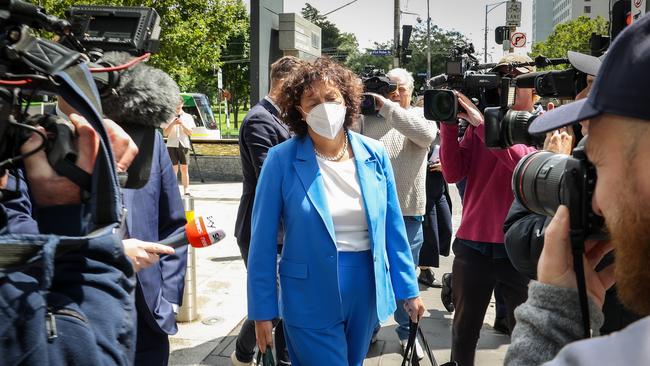
When you consider the problems Ryan is now having, she may well be the weakest link among the teals when it comes to re-electability. I say that assuming the rest are well placed to last longer than one term. The likes of Allegra Spender and Kate Chaney, for example, are fashioning themselves as reflective of their electorates rather than on the ideological fringe.
Revelations that Rugg was taking her ex-boss to court started with reports that the one-time activist turned staffer was “not quite a comfortable fit with the Kooyong electorate”. Anyone could have told Ryan that. Yet the chosen acting chief is a former Greens staff member for Adam Bandt. It is hard to escape the conclusion that Ryan’s claims to being “fiscally conservative and socially progressive” are more rhetoric than fact, certainly judging by her choice of staff who can hardly be described as centrists, but also based on what we know so far about her legislative voting patterns. Would a fiscal conservative support Labor’s recent industrial relations changes? Ryan voted for them. Or oppose the stage three tax cuts, which Ryan has firmly indicated she will do?
She also has touted herself as a small-L liberal. I’m not sure such a freethinking, freedom of choice ideology fits with her demands of mask wearing (which don’t extend to dancing apparently).
On August 13 last year Rugg wrote on Twitter: “I love my new job so much omg”. That obviously changed, at least in so far as how she perceived her treatment by her boss. While current mediation will most likely resolve the dispute amicably, we may never learn the full details of what was alleged and what transpired.
Such secrecy should dog Ryan for the rest of her term, giving her frequent call-outs for greater transparency. She recently tweeted “the people of Kooyong want transparency and accountability”, and just this week Ryan called for greater transparency on the issue of executive appointments. Will she apply such standards to her own legal dramas and let voters know what the specific allegations are against her? After her victory last year Ryan tweeted: “I’m looking forward to developing a code of conduct that will hold politicians to a high standard.”
In Ryan’s first speech to parliament she said: “For those women of Australia who are underpaid, undervalued and unsafe in their homes and in their workplaces: Kooyong voted for you.” It will be interesting to see if they vote for her again.
Reports suggested that Rugg resigned before Christmas but planned to argue in court that she was pressured into doing so. These reports also quote sources in in the teal movement claiming Rugg would take several days off after sitting weeks. Anyone who works in and around politics knows how long the hours worked can be. And most of the fourth estate know that the politicians and their staff (especially press secretaries) work especially hard. The lines between one’s free time and working life blur in such professions.
If Rugg’s case can’t be mediated and ends up in litigation, it will be a fascinating test case for working conditions in politics. It also would drag out any resolution, which would only improve Frydenberg’s chances of a successful comeback. In the meantime Liberals will need to gear up for the fight of their lives in Aston. The electorate is famous in politics for the by-election in 2001 following the sudden death of the local Liberal member Peter Nugent. John Howard has always credited retaining the seat as the start of his political comeback that culminated in winning the general election later that year.
A new chapter in Aston’s by-election history will be written shortly. It could be the making or undoing of Dutton, who is seen as electorally unpopular in southern states such as Victoria.
Peter van Onselen is a professor of politics and public policy at the University of Western Australia and Griffith University.


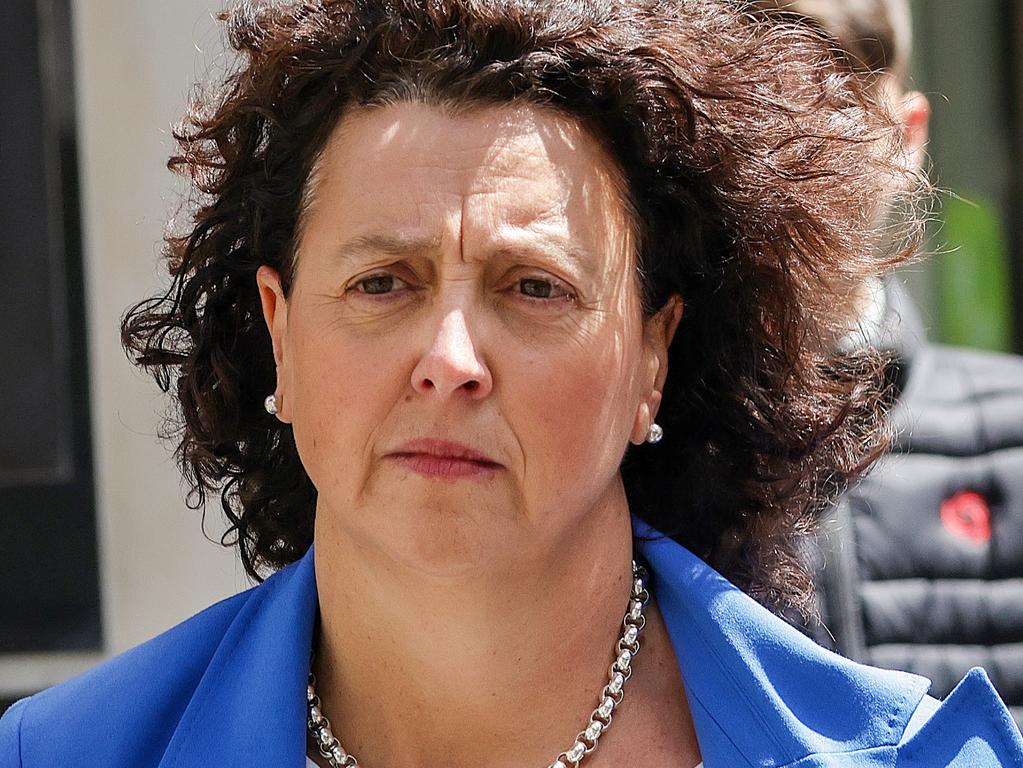
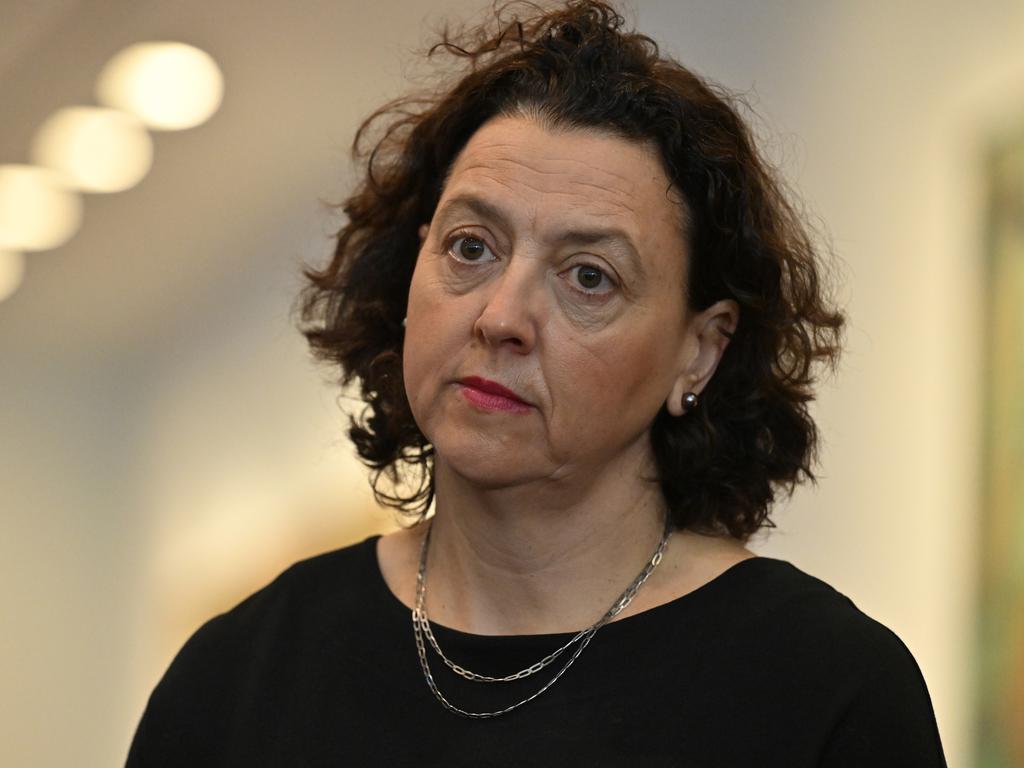
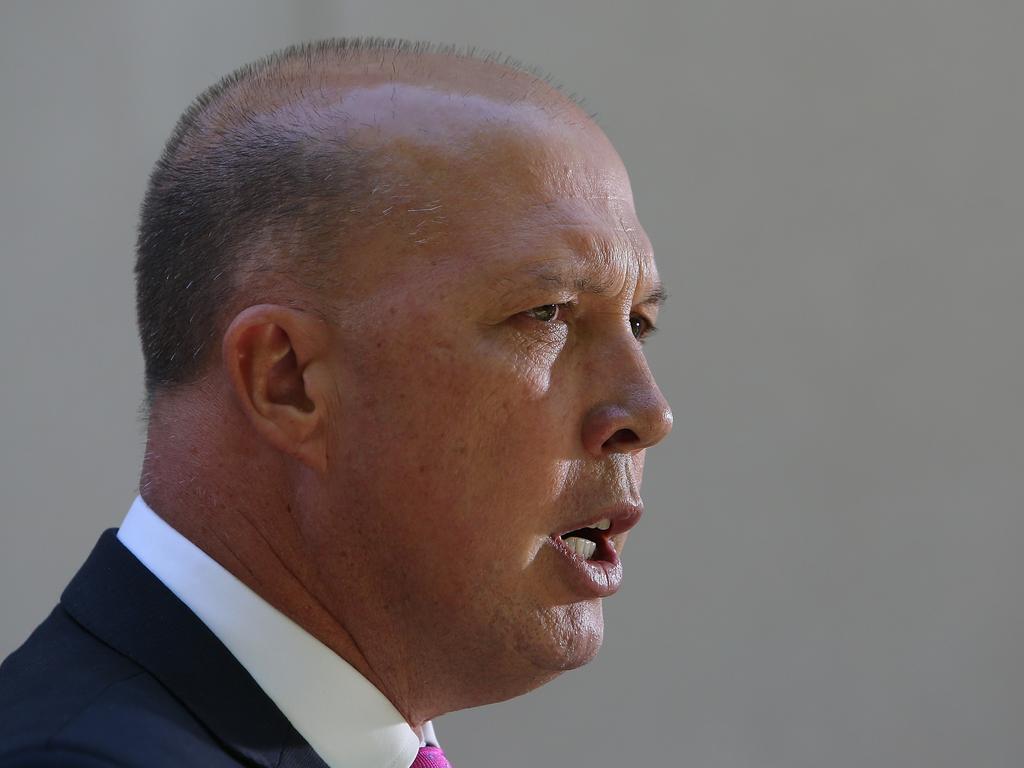


Josh Frydenberg and the Victorian Liberal Party would have been crazy to attempt to insert the former federal treasurer into the marginal outer metropolitan seat of Aston following this week’s departure of Alan Tudge.